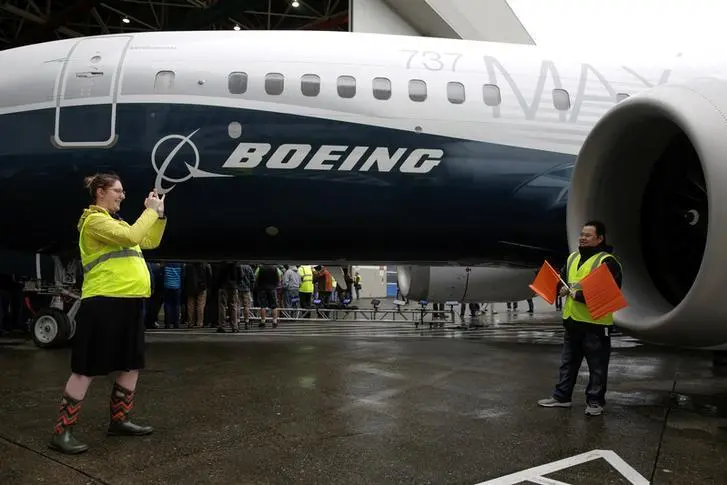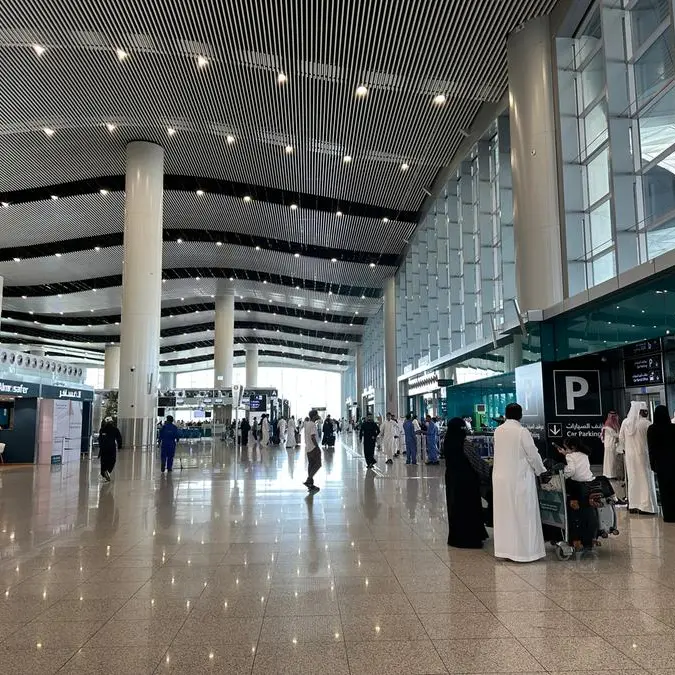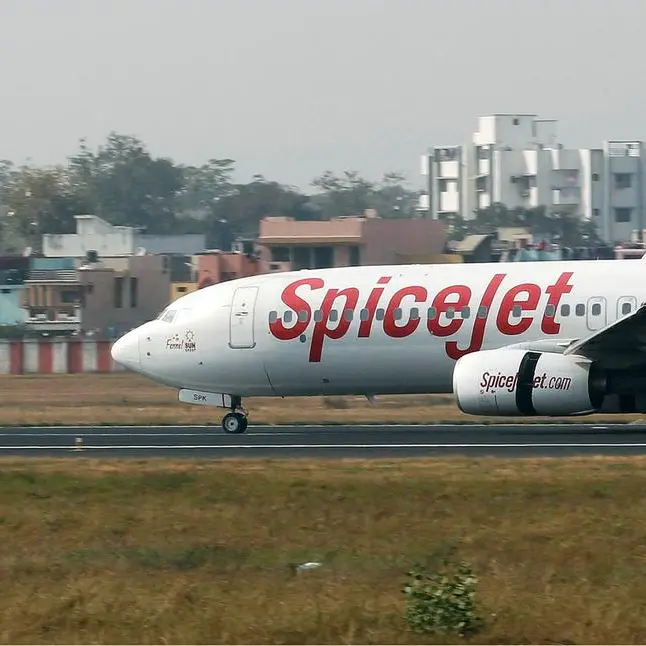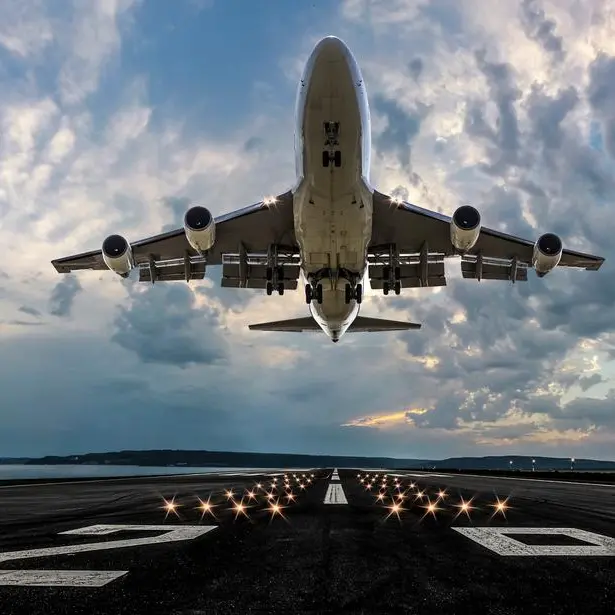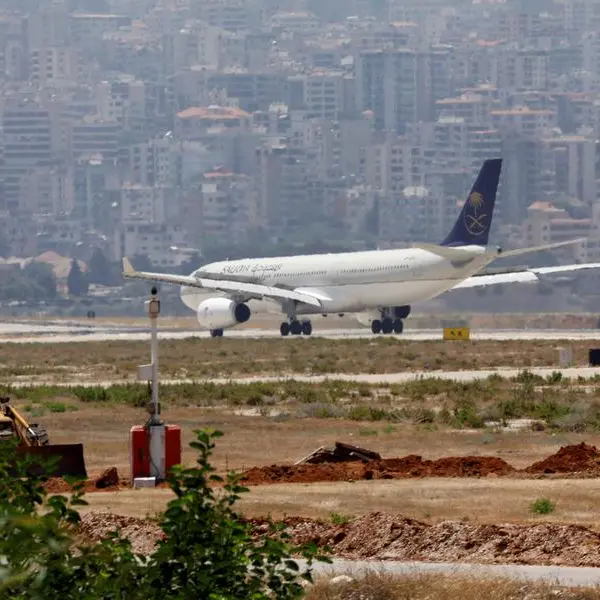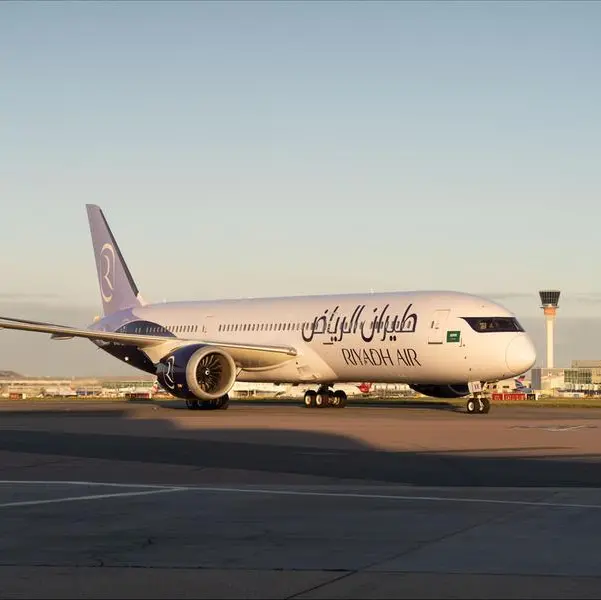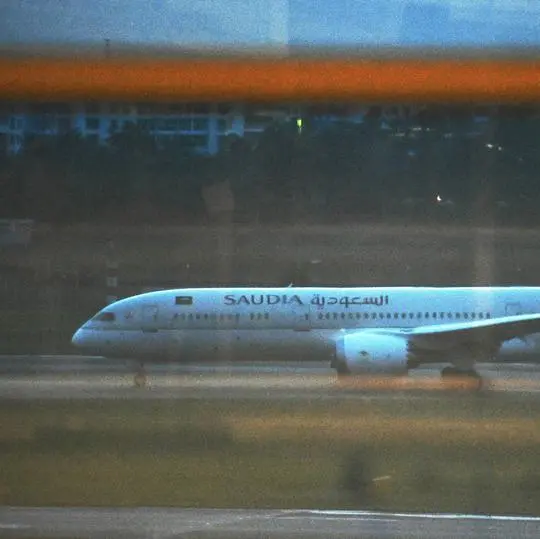PHOTO
Boeing said on Wednesday it was ramping up production of its bestselling 737 MAX narrowbody jet to 38 per month from 31, a sign the planemaker was recovering from a supplier error that had scuttled its plans for an early ramp up.
Its defense business, however, continued to face challenges, with three major fixed-price programs - NASA's Starliner capsule, the U.S. Air Force's T-7 training jet and U.S. Navy's MQ-25 tanker drone - recording about half a billion in charges in the second quarter.
Boeing reiterated its plan to generate $3 billion to $5 billion in free cash flow this year, as well as to deliver at least 400 single-aisle 737s and 70 787 Dreamliners in 2023.
The company still faces challenges, "whether they be issues to address within our own factories or outside our walls within the supply chain and logistics routes," CEO Dave Calhoun said, referring the recent collapse of a railway bridge used to transport 737 fuselages.
The push to build 38 MAXs a month comes amid heightened travel demand, as airlines seek to grow their fleets post-pandemic.
Boeing Commercial Airplanes head Stan Deal said in June that the company would ramp up narrowbody production to 38 a month "very soon." Days later at Paris Air Show, Boeing booked a deal with Air India for 190 MAXs as part of a larger 470 aircraft order split between it and Airbus.
Although Boeing set a deadline to ramp 737 production by the end of the year, executives signaled to its supply chain that the boost to 38 a month would begin in June.
Those plans faltered in April when a supplier defect involving the improper installation of a 737 bracket was discovered, though Boeing maintained it would still ramp to 38 jets by year-end. (Reporting by Valerie Insinna; additional reporting by Abhijith Ganapavaram; Editing by Anil D'Silva)
Reuters
